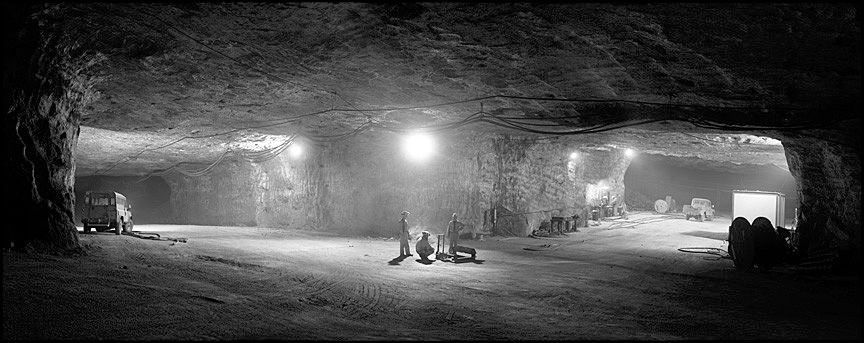Now that travelling is cheaper than ever and tourism is becoming increasingly affordable and popular, some people now consider it important that we talk about "tourism pollution". (Ryall,
J. (2018, September 10). Japanese complain of 'tourist pollution' as
number of sightseers skyrockets. Retrieved December 20, 2019, from
https://www.telegraph.co.uk/news/2018/09/10/japanese-complain-tourist-pollution-number-sightseers-skyrockets/) We hear about environmental pollution almost every day nowadays, and tourism pollution is a relatively new term. It currently has no clear definition, so I will try to create one myself. The term tourism pollution is chiefly used to describe the combination of negative consequences of mass tourism.
It is not surprising then, that it is residents of popular tourist destinations who have the most issues with tourists. Things can even get heated, like in Summer of 2017, when thousands of locals in Venice and Barcelona marched against the further increase of the tourist presence in their cities.
And while it is easy to write off opinions and demands of locals as regressive and mildly xenophobic, they might actually have a point. Areas popular with tourists do become overcrowded and more expensive, even for the locals, and tourists' behaviour can be awful, like in Amsterdam, where tourists get drunk, are loud at night and can even damage private property in the most disgusting of ways. (Zee, R. van der. (2017, November 1). Amsterdammers v tourists: 'It's worst when they throw up in your plant box'. Retrieved December 21, 2019, from https://www.theguardian.com/cities/2017/nov/01/amsterdam-tourists-worst)
As surprising as it may sound, tourism pollution affects Chernobyl as well. The number of visitors to the city nearly doubled after the hit HBO drama "Chernobyl" aired. Tourism pollution manifests itself differently here, in a more shocking and disappointing kind of way. The site of the tragedy has now become a playground of sorts, tourists draw obscene graffiti and attach love locks to various structures. Zero respect is shown to those who died or thousands of people whose lives were ruined because of the disaster. (McDowall, J. (2019, December 20). Radioactive ice-cream and penis graffiti: how toxic TV tourists took over Chernobyl. Retrieved December 22, 2019, from https://www.theguardian.com/tv-and-radio/2019/dec/20/radioactive-ice-cream-and-penis-graffiti-how-toxic-tv-tourists-took-over-chernobyl)
I believe that tourism pollution should be acknowledged as a genuine problem that demands immediate attention. Finding solutions to this problem is incredibly important, if no appropriate measures are undertaken, it will further escalate the conflict.
It is not surprising then, that it is residents of popular tourist destinations who have the most issues with tourists. Things can even get heated, like in Summer of 2017, when thousands of locals in Venice and Barcelona marched against the further increase of the tourist presence in their cities.
(Coldwell,
W. (2017, August 10). First Venice and Barcelona: now anti-tourism
marches spread across Europe. Retrieved December 21, 2019, from
https://www.theguardian.com/travel/2017/aug/10/anti-tourism-marches-spread-across-europe-venice-barcelona)
They argued that tourists disrupt the local way of living, litter, disrespect the rules and behave in a rowdy way. No tourists were harmed, but the protesters did slash tyres of tourist coaches and rental bicycles. And while it is easy to write off opinions and demands of locals as regressive and mildly xenophobic, they might actually have a point. Areas popular with tourists do become overcrowded and more expensive, even for the locals, and tourists' behaviour can be awful, like in Amsterdam, where tourists get drunk, are loud at night and can even damage private property in the most disgusting of ways. (Zee, R. van der. (2017, November 1). Amsterdammers v tourists: 'It's worst when they throw up in your plant box'. Retrieved December 21, 2019, from https://www.theguardian.com/cities/2017/nov/01/amsterdam-tourists-worst)
As surprising as it may sound, tourism pollution affects Chernobyl as well. The number of visitors to the city nearly doubled after the hit HBO drama "Chernobyl" aired. Tourism pollution manifests itself differently here, in a more shocking and disappointing kind of way. The site of the tragedy has now become a playground of sorts, tourists draw obscene graffiti and attach love locks to various structures. Zero respect is shown to those who died or thousands of people whose lives were ruined because of the disaster. (McDowall, J. (2019, December 20). Radioactive ice-cream and penis graffiti: how toxic TV tourists took over Chernobyl. Retrieved December 22, 2019, from https://www.theguardian.com/tv-and-radio/2019/dec/20/radioactive-ice-cream-and-penis-graffiti-how-toxic-tv-tourists-took-over-chernobyl)
I believe that tourism pollution should be acknowledged as a genuine problem that demands immediate attention. Finding solutions to this problem is incredibly important, if no appropriate measures are undertaken, it will further escalate the conflict.
 |
| Tourists in Venice, Italy |

